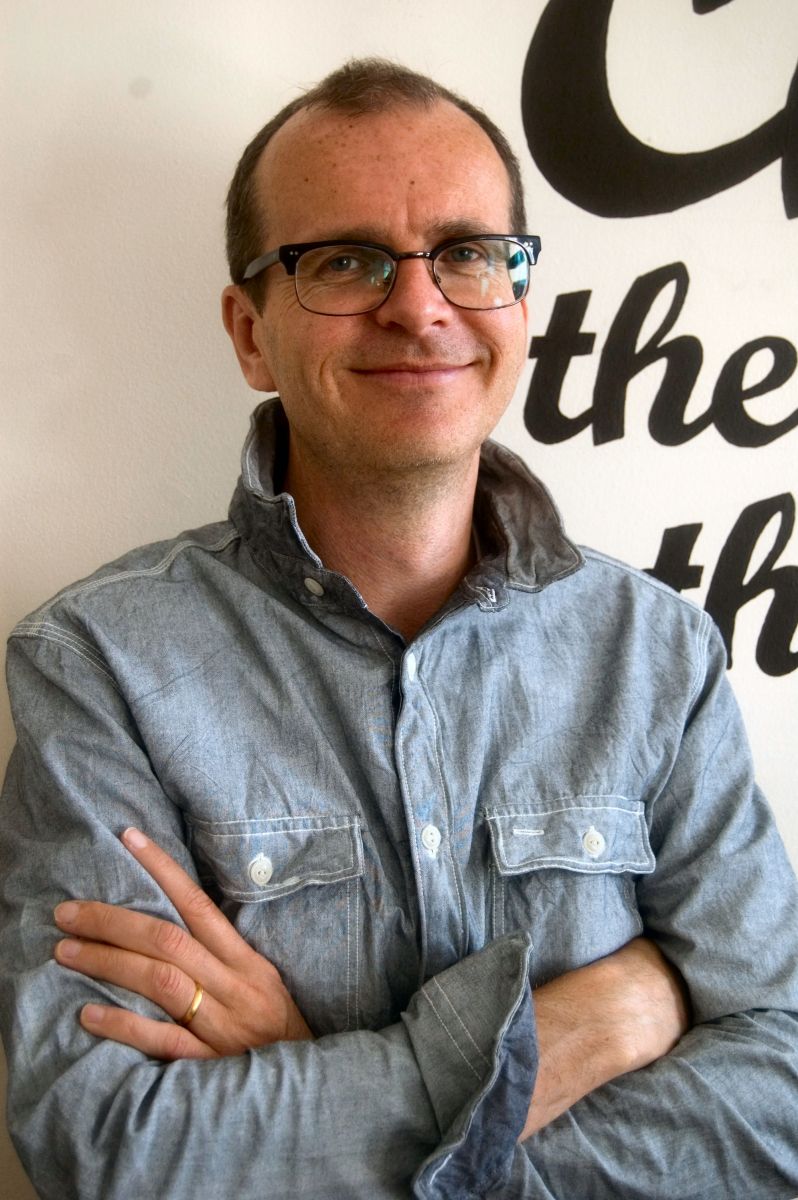Big questions over Carnival’s venture into voluntourism

Should we applaud or be appalled by Carnival’s entry into the voluntourism sector? Responsible Travel MD Justin Francis shares his views…
"Carnival Corporation is the world’s largest cruise ship operator with revenues of over $15 billion. Last week Carnival Corporation boss announced a new ‘social impact’ brand, Fathom.
Passengers on seven-day journeys from Port Miami to the Dominican Republic, starting in April of 2016, will also be able to help cultivate cacao plants; make chocolate with a women’s cooperative; work with educators to teach English skills and help build water filters, all while using the docked ship as their home away from home.
In an interview with the Miami Herald, Arnold Donald, CEO of Carnival Corp., said the main goal of Fathom is to do good by ‘driving, over time, real meaningful change for the better in a community’. In a statement, Carnival added: "What sets fathom apart is the long-term, systematic partnership approach with its partner countries paired with the unique business model that allows for sustained impact and lasting development. Fathom’s scale and global vision reach beyond what the world has ever seen."
At first glance Fathom might appear a wonderful initiative. Many have argued that the mainstream travel sector must adopt responsible tourism practices and they don’t come much bigger than Carnival. However, some difficult questions are already being asked by those sceptical of Carnival’s motivations and ability to deliver responsible volunteering.
Corporate social responsibility is a holistic approach to doing business in a responsible way, rather than cherry picking a few high profile initiatives. Last year Carnival was reported by GlobalExchange.org as the world’s 3rd ‘most criminal company’ for ‘dumping sewage pollution into oceans; use of cheap air-polluting fuels; tax evasion; and unfair labor wages’.
The organisation goes on to claim: "Over the past five years, the corporation has only paid corporate taxes for a total of 1.1% of their $11.3 billion in profits, according to the New York Times. Additionally, Carnival’s workers are paid substandard wages; staff members on United Kingdom-based ships are paid $1.20 per hour, or $400 per month in basic wages, and claim to be denied their tips. Their pay is below international standards. Workers are also allegedly given minimal accommodations and often insufficient food. The cruise system makes it very easy for labour to be abused, and Carnival Cruises has been called a ‘sweatshop at sea’."
In my opinion, one thing that would be guaranteed to hole the Fathom concept below the water line would be any sense among well meaning volunteers that the staff cleaning their rooms or serving their food on board were, as global exchange claim, working in a ‘sweatshop at sea’
Carnival does have a Code of Business Conduct and ethics. I would expect a public company of the size of Carnival to publish an externally verified social and environmental audit, but I cannot find this and so cannot examine any of its claims in regard to ethics.
The concept of 700 volunteers with minimal training descending to ‘do good’ has also been questioned in this post on the Better Volunteering facebook page.
The reputation of the voluntourism sector has suffered greatly in recent years, with acres of bad press having been generated. One of the principle criticisms has been that volunteering opportunities have been created as a business opportunity rather than based on a real local need; that volunteers arrive to find there is little worthwhile work to do and they lack the relevant skills to make a difference; or worse still skilled local staff are fired so short term volunteers can take their place.
In the Better Volunteering post questions are asked (and not answered) about whether volunteers with be checked for criminal records; how skills will be assessed and matched against needs, and whether volunteers will be thinly spread through communities to avoid too much disruption.
Carnival is working with local partners (including an NGO with somewhat confusingly the same name as the new cruise brand Fathom.org) and they have acknowledged but not yet answered these questions.
For me there is sense that this could be a pivotal moment in the development of the voluntourism sector. Done right it could help bring it into the mainstream, but if not it could be a death knell to a sector already reeling from bad PR. At the very least Carnival needs to get its messaging straight. In one breath it talks of ‘a unique business model that allows for sustained impact and lasting development’ and in another the CEO says ‘this is a market-driven solution and in the highly unlikely event that we don’t get bookings, we will kill it’.
Bev
Editor in chief Bev Fearis has been a travel journalist for 25 years. She started her career at Travel Weekly, where she became deputy news editor, before joining Business Traveller as deputy editor and launching the magazine’s website. She has also written travel features, news and expert comment for the Guardian, Observer, Times, Telegraph, Boundless and other consumer titles and was named one of the top 50 UK travel journalists by the Press Gazette.
 United Kingdom
United Kingdom United States
United States Asia Pacific
Asia Pacific












































Dozens fall ill in P&O Cruises ship outbreak
Turkish Airlines flight in emergency landing after pilot dies
Boy falls to death on cruise ship
Unexpected wave rocks cruise ship
Woman dies after going overboard in English Channel